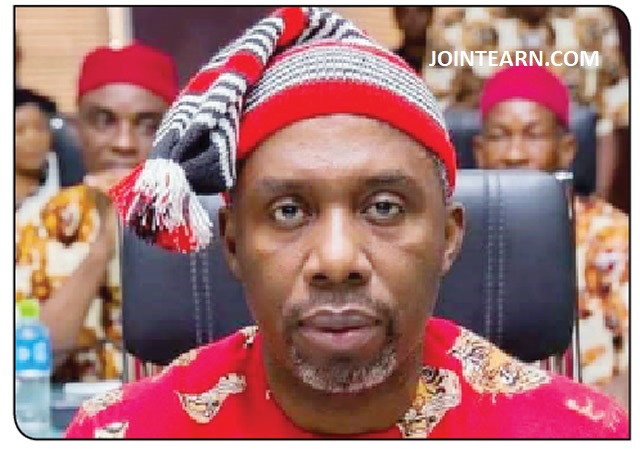The Social and Economic Rights Accountability Project (SERAP) has taken a significant step to enhance the nation’s fight against corruption by organizing a specialized workshop focused on the Freedom of Information (FOI) Act, specifically aimed at students from various tertiary institutions across the country. This initiative, under the theme “Stand-Up for Human Rights,” is part of the broader efforts of the SERAP Accountability Club (SAC) to engage students in critical issues surrounding transparency, good governance, and accountability.
SERAP’s commitment to addressing corruption extends through its SAC program, which seeks to empower young people to promote the rule of law, transparency in public resource management, and respect for human rights. The initiative focuses on building awareness and providing practical tools to students, equipping them with the necessary skills to actively participate in the fight against corruption. The workshop, which took place in Abuja, attracted students from a range of universities, including the University of Abuja, University of Ilorin, Imo State University, Enugu State University, Bayero University, and the University of Jos, among others.
Andrew Nwankwo, SERAP’s legal advisor, underscored the potential of the FOI Act as a powerful tool for holding the government accountable. He highlighted, however, that many citizens have not fully utilized the FOI Act, which has hindered its effectiveness as a mechanism for promoting transparency. Nwankwo explained that the decision to hold the workshop was driven by the need to encourage students, particularly undergraduates, to harness the power of FOI requests in holding public institutions accountable.
He emphasized that democracy thrives on active engagement, questioning, and demanding transparency from the government. By training students on how to effectively use FOI requests, SERAP hopes to equip them with the knowledge and skills necessary to challenge governmental actions and demand information on issues that directly impact their lives. Nwankwo further stated, “Our goal is to encourage youth to make informed demands of the government, ensuring transparency on matters citizens are entitled to know.”
Throughout the workshop, participants were educated on how to inquire into government decisions, actions, and inactions by requesting vital information from public institutions. The goal was not only to teach students to question but to empower them to actively seek out information that could contribute to the country’s development and foster national growth.
Folashade Arigbabu, the SERAP Programme Officer and SAC Coordinator, explained that the SAC was created in 2021 as a platform designed to give students the tools and confidence to advocate for transparency and accountability in governance. She shared that SAC has rapidly expanded, with chapters in 12 universities and over 2,000 active volunteers from more than 110 universities nationwide. Arigbabu expressed that the mission of SAC is to help shape Nigeria’s future leaders by instilling in them the skills and values necessary for championing good governance and accountability.
The SAC initiative, according to Arigbabu, provides an invaluable opportunity for students to gain practical experience in governance and advocacy beyond online expressions. She emphasized, “Today’s session is a practical workshop on drafting Freedom of Information requests, empowering students with actionable skills.” She further noted that SAC is open to passionate Nigerian students eager to engage in meaningful advocacy and governance work.
Beyond workshops, SAC has been involved in addressing several critical issues within Nigerian universities. One such case involved the successful resolution of a situation at the University of Jos, where a final-year medical student had been unfairly barred from writing exams. Through SAC’s intervention, the case was resolved, illustrating the club’s active role in addressing student concerns and upholding the principles of fairness and transparency.












